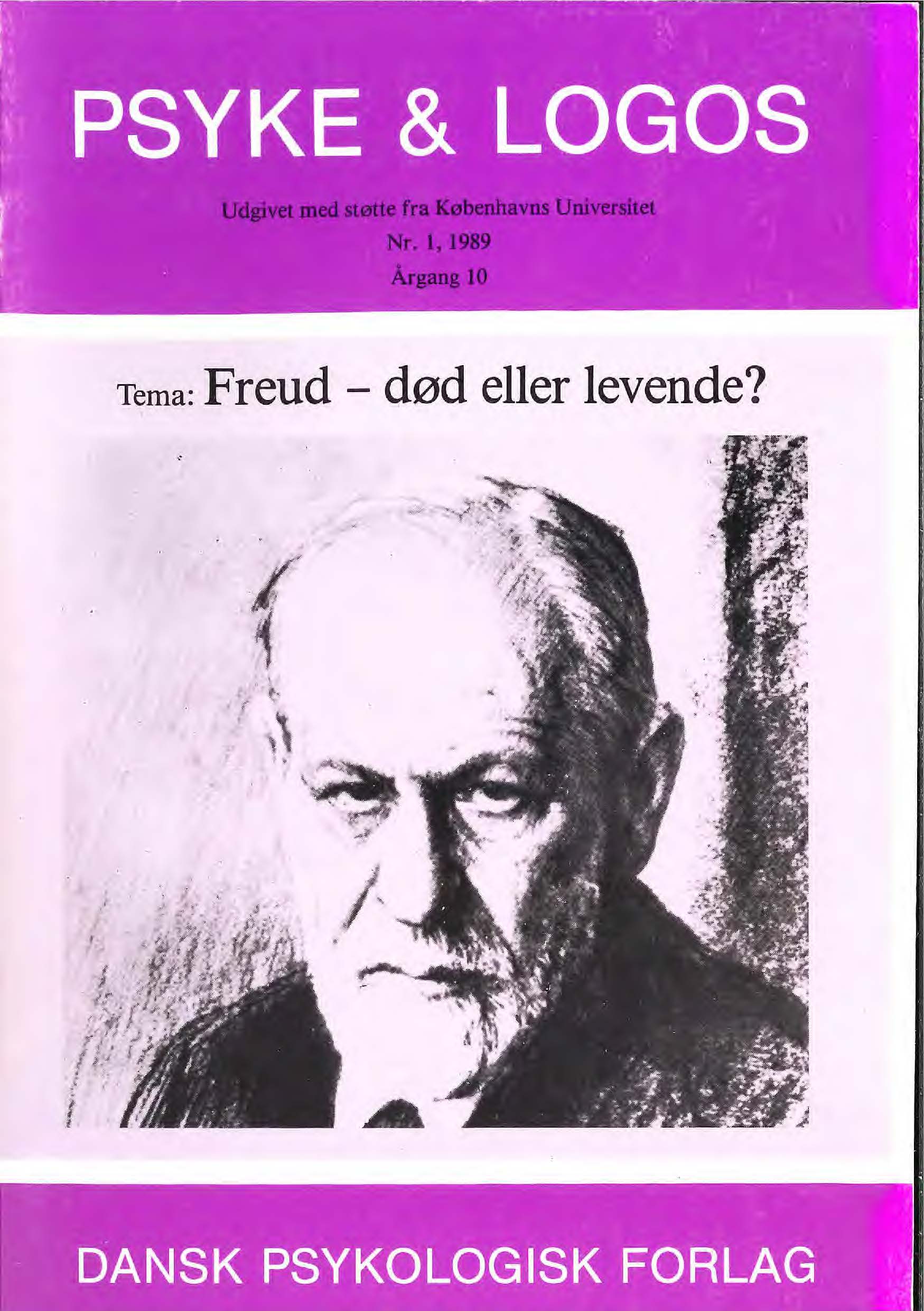Freuds historiske betydning
DOI:
https://doi.org/10.7146/pl.v10i1.134239Resumé
Freud stod bag en videnskabelig revolution af psykologien, men han skabte ikke det fuldkomne, og hans historiske position er derfor afhængig af, hvordan hans efterfølgere fører hans projekt videre. I første afsnit af artiklen vurderes det generationsskifte indenfor psykoanalysen, som Freud selv forberedte, og det konkluderes, at Freud kun rettede sin faderlige strenghed mod de elever, der prøvede at score en øjeblikkelig teoretisk gevinst gennem en utidig afklaring og forsimpling af psykoanalysens begreber.
I andet afsnit gennemgås de grænsedragninger, der har splittet psykoanalysen nationalt, organisatorisk og videnskabeligt, og i det tredje afsnit opstilles nogle retningslinjer for, hvordan psykoanalysen kan videreføres på et Freud'sk grundlag, uden at metapsykologien og den anvendte (applicerede) psykoanalyse afskrives.
Downloads
Publiceret
Citation/Eksport
Nummer
Sektion
Licens
Ophavsret er tidsskriftets og forfatternes. Det er gældende praksis, at artikler publiceret i Psyke & Logos, som efterfølgende oversættes til andet sprog, af forfatteren frit kan publiceres i internationale tidsskrifter, dog således at det ved reference fremgår, at den oversatte artikel har et forlæg i en dansksproget version i Psyke & Logos. Artikler kan frit deles og linkes til på forsknings- og undervisningsnetværk (så som Blackboard). Link foretrækkes, fordi det giver oplysning om brug af tidsskriftets artikler.




